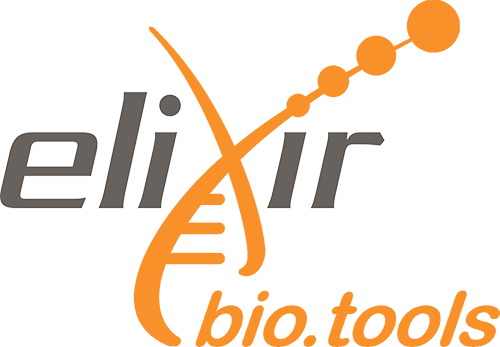WORKSHOP: Make your bioinformatics workflows findable and citable
Date: 21 March 2023 @ 15:00 - 17:00
Timezone: Melbourne
Duration: 2 hours
Computational workflows are invaluable resources for research communities. They help us standardise common analyses, collaborate with other researchers, and support reproducibility. Bioinformatics workflow developers invest significant time and expertise to create, share, and maintain these resources for the benefit of the wider community and being able to easily find and access workflows is an essential factor in their uptake by the community.
Increasingly, the research community is turning to workflow registries to find and access public workflows that can be applied to their research. Workflow registries support workflow findability and citation by providing a central repository and allowing users to search for and discover them easily.
This workshop will introduce you to workflow registries and support attendees to register their workflows on the popular workflow registry, WorkflowHub. We’ll kick off the workshop with an introduction to the concepts underlying workflow findability, how it can benefit workflow developers, and how you can make the most of workflow registries to share your computational workflows with the research community. You will then have the opportunity to register your own workflows in WorkflowHub with support from our trainers.
Trainers
Dr Johan Gustafsson, Bioinformatics Engagement Officer, Australian BioCommons
Dr Georgina Samaha, Senior Bioinformatician, Sydney Informatics Hub, University of Sydney
Date / time
Tuesday 21 March 2023, 3-5pm AEDT/ 2-4pm AEST / 2:30-4:30pm ACST / 12-2pm AWST
Format
This interactive online workshop includes:
- An introduction to the workflow registry WorkflowHub and live demo of workflow registration
- An optional bring-your-own-workflow session, where you can get assistance registering your own workflow(s)
- Opportunities to ask questions and provide feedback on the WorkflowHub platform
Expert trainers will be available to provide support during the workshop.
Learning outcomes
By the end of the workshop you should be able to:
- Register with WorkflowHub
- Create and join teams and spaces on WorkflowHub
- Register workflows manually
- Register workflows by importing from a GitHub repository
- Maintain your workflows
- Understand the workflow metadata that is most useful to maintain
- Create a workflow DOI
- Cite workflows
Who the workshop is for
The workshop is designed for anyone who is creating workflows, either via platforms like Galaxy Australia, or via the command line. Some knowledge of GitHub will be beneficial, but is not critical.
How to apply
This workshop is free but participation is subject to application with selection.
Applications close at 11:59pm AEST, Sunday 19 March 2023.
Applications will be reviewed by the organising committee and all applicants will be informed of the status of their application (successful, waiting list, unsuccessful). More information on the selection process is provided in our advice on applying for Australian BioCommons workshops.
Successful applicants will be provided with a Zoom meeting link closer to the date.
This event is part of a series of bioinformatics training events. If you'd like to hear when registrations open for other events, please subscribe to Australian BioCommons
Contact: [email protected]
Keywords: Workflows, WorkflowHub, Research software
Prerequisites:
The workshop is designed for anyone who is creating workflows, either via platforms like Galaxy Australia, or via the command line. Some knowledge of GitHub will be beneficial, but is not critical.
Learning objectives:
By the end of the workshop you should be able to:
- Register with WorkflowHub
- Create and join teams and spaces on WorkflowHub
- Register workflows manually
- Register workflows by importing from a GitHub repository
- Maintain your workflows
- Understand the workflow metadata that is most useful to maintain
- Create a workflow DOI
- Cite workflows
Organizer: Australian BioCommons
Host institutions: Australian BioCommons
Eligibility:
- Registration of interest
Target audience: The workshop is designed for anyone who is creating workflows, either via platforms like Galaxy Australia, or via the command line.
Capacity: 50
Event types:
- Workshops and courses
Tech requirements:
Zoom, internet browser.
Cost basis: Free to all
Scientific topics: Workflows, Open science
External resources:Activity log


